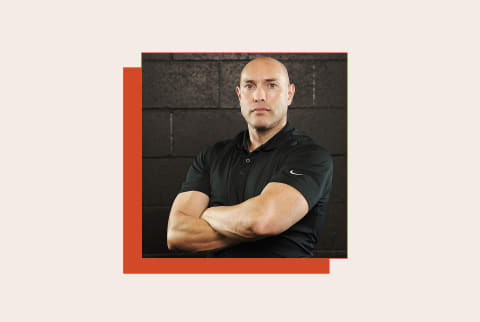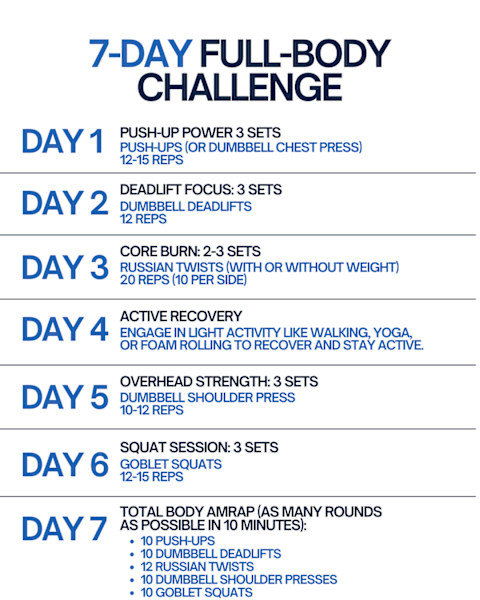By Ashley Stahl, Originally Published in Forbes
“I don’t think I’m qualified to apply for these jobs.”
I was on a coaching call with a client, Sarah, recently when she began to reveal this thought process.
“They are asking for 10+ years of experience, and I only have seven. Plus I don’t have an Ivy league degree and…”
She began to continue on about all the reasons she wasn’t good enough for the roles we kept finding. This was an “Ah-ha” coaching moment for me when she revealed how unworthy she truly felt. I interrupted her with a question I hope you ask yourself today:
“Why are you fighting for your limitation?”
She was committed to her smallness and didn’t realize it in the moment. In fact, Sarah is one of many women who won’t apply for a job unless they have 100% of the criteria checked off the list. And yes, according to research, this phenomenon is happening more with women than it is with men. A study by Cornell discovered that men overestimated both their abilities and performance while women underestimate themselves in both areas.
As unfortunate as it was to hear this incredibly talented person admit her fears, I knew what she needed: Confidence.
We began to focus our sessions around this topic while she took it upon herself to read some powerful books about building confidence. Here are three ways you, too, can build confidence in yourself:
1. Create a vision of your future.
Einstein says “you can’t solve problems from the same level of thinking that created them.” He couldn’t be more right. In order to build confidence, you have to be willing to walk away from the habits and thought patterns that aren’t working for you.
Many of my clients have experienced low confidence confidence, but that usually stems from not knowing what they want. When you are clear on what you want to accomplish, your tasks will be executed with more confidence. A study with 1,000 employees found that 31% of them quit a job with the main contributing factor being lack of clarity that it’s the right fit. Start with clarity. The confidence, and planning, can follow.
In fact, we know that planning makes a difference, though it’s how you make the plan that matters even more. According to a study in Psychological Science, people who walk a few steps backwards in the process were far more focused and attentive in their actions. Begin to work backwards from the end goal to break it down into smaller digestible steps. Use your imagination to visualize ideal future results as if they already happened, both the end goal and all the steps you laid out to get there will feel more real and increase your positive behavior along the way. This includes both your internal goals (feelings of confidence, health, reduced anxiety) and your external goals (career roles, relationships, financial outlook etc.).
2. Create boundaries for yourself.
Part of creating a vision for your future should include outlining what you are and are not okay with. From here, you can begin to understand what your boundaries are and where you may have allowed them to be overstepped in the past. This could be anything from setting boundaries around your work roles and responsibilities, someone speaking to you in a specific tone of voice, or someone always eating your lunch out of the fridge.
Tune into how you feel when someone makes a request or you think a boundary may be being violated. If it feels like you are building resentment from the ask, or as though you are being taken advantage of, step back and reconsider the situation. Be clear and give yourself permission to ask for what you want.
Learn how to say no, and stick with it. For the people pleaser’s of the world, this might feel impossible. It’s key to examine the root of the fear that keeps you in a state of pleasing others. What are you buying into about your life if you draw a boundary? Is it a fear that people won’t love you, that they’ll leave you, or that you’re burdensome? Tune into your thoughts— and question them. The truth of the matter is that those who love you always will.
This isn’t just in work, this is in all aspects of life.
Sarah revealed in our coaching sessions that even through her own career struggles she was also financially supporting her boyfriend. This turned out to be a major boundary issue that she was too afraid to speak to. Once she began to feel stronger in herself she spoke up and set boundaries in her personal relationships. This small step gave her the confidence to be more assertive in all aspects of her life.
3. Begin to act the part.
The studies are endless about body language, and yet every time I walk into a coffee shop or office building I see folks hunched over their laptops or sitting like a pretzel while giving a presentation. In order to be confident, the way you present yourself must change.
Stand with open body language as often as possible. Keep your arms are open, legs uncrossed and head up. Cell phone posture is a real thing, and studies found prolonged usage negatively impacts posture and even your respiratory functioning. This means you don’t look confident, nor do you get adequate oxygen into your body.
Before you head into work, consider sitting in your car with your legs spread wide and arms resting across the headrests. Take some large breaths in and recite a positive mantra. Do you think you’re too busy to find those to minutes? Join the club! But mindfulness will create better results in your day.
Mindfulness and confidence is about more than just how you stand, it can also be about how you smell. Did you know that 90% of women feel more confident when wearing a scent than when they don’t? Each morning pull out your favorite scented perfume, and take a moment to really breathe it in when you spritz yourself.
Or make a ritual out of applying that creamy cocoa butter to your hands and feet each night. Spend the moments to appreciate the scent, and yourself.
Building confidence is no overnight task, but if you begin with these three steps, you’re at a strong start. And if you’d like to go deeper, consider seeking mentorship from someone you look up to, or even a coach like me. Coaches are powerful when it’s time to break free of those limiting beliefs that keep you small. You deserve so much better.
So did Sarah. She was committed to this process, and six months later she mustered the confidence to apply for some of the jobs she previously thought were totally out of reach. And guess what? She landed three job offers to choose from.
When you believe in yourself, others will believe in you. Start the work today!
For a FREE course to land a new job you love, launch your dream business, or find your purpose, visit https://ashleystahl.com/








